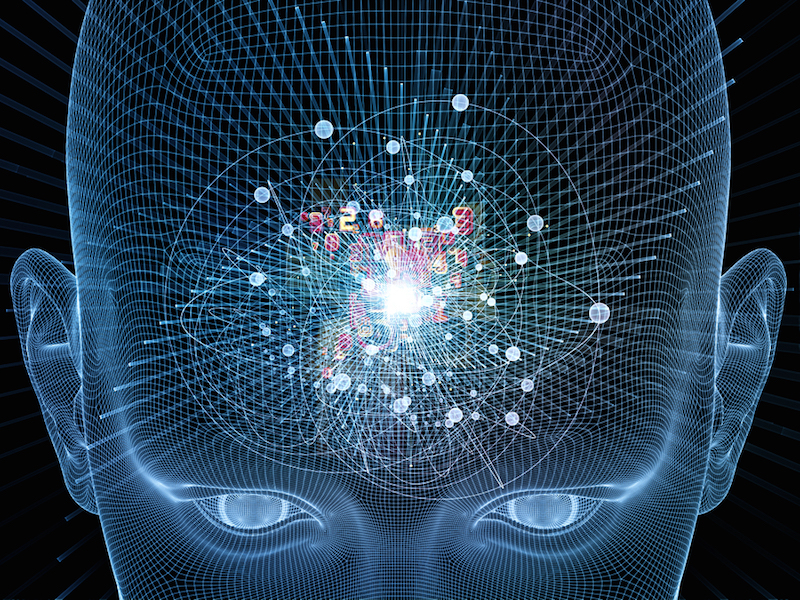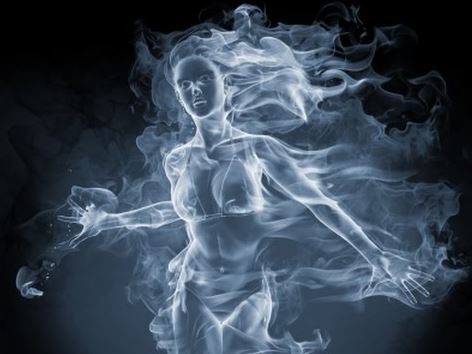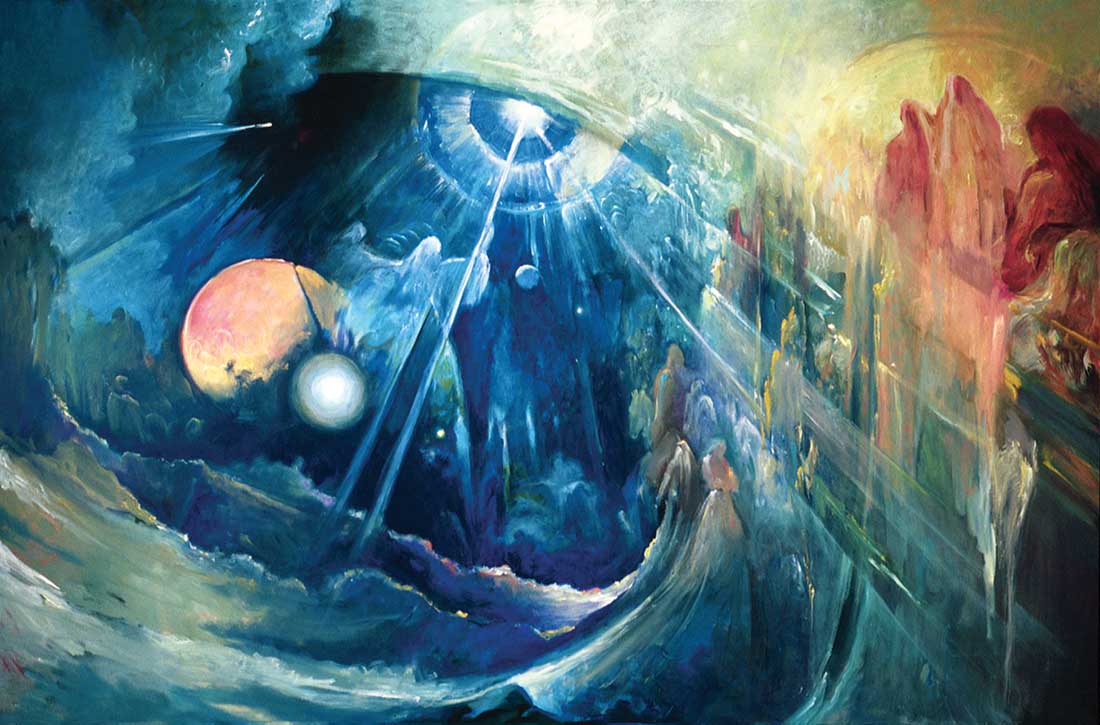A reader in the Middle East wrote giving voice to a central concern of this column. “There is indeed an evolutionary process taking place with consciousness, but that process takes millions of years and our little bit of consciousness just can’t comprehend the enormity of it.”
 His mistaken use of the word “enormity” (which means “extreme evil or moral offensiveness”) belies the optimism and soothing sense of time he intended to convey. There’s been a lot of such wishful thinking lately.
His mistaken use of the word “enormity” (which means “extreme evil or moral offensiveness”) belies the optimism and soothing sense of time he intended to convey. There’s been a lot of such wishful thinking lately.
The comforting theory is that “crises come and go and after each crisis there is a lift in human spiritual evolution.” To my mind, that is a deeply inaccurate perception of the human condition and the present crisis.
Is the human crisis of consciousness coming to a head? Or is the present “world chaos,” as the reader suggests, just another “dip in the very long road to enlightenment?”
Outwardly, human history is an upward spiral; inwardly, human history is a downward spiral. We are less human than our ancestors, not more enlightened. Enlightenment is not a gradual, incremental process in time. Humans are devolving, not evolving.
Consciousness as we know it is about 100,000 years old. Prior to that point, art did not exist, stone technology was simple and essentially unchanging, and speech was crude and lacking in the diversity of tongues we know today. In short, culture as we know it didn’t exist.
The human population had dwindled to some thousands of people in East Africa, perhaps due to a super-volcano eruption in Indonesia, which disrupted the world’s climate and induced a massive Ice Age.
The pressures on a “bottleneck” population of humans produced an explosive breakthrough in consciousness, a transmutation that yielded the cognitive capabilities that define us as human today. That in turn formed the world as we know it, for better and worse.
Every person on earth is descended from those few thousand people in East Africa, and our DNA can be traced to a single “mitochondrial Eve.”
Though there are more than seven billion people on earth now, the self-made pressures from our cognitive capabilities, unwisely applied, are putting as much pressure on the individual and the human species to radically change as the super-volcano did at the dawn of modern man.
Can a transmutation in the individual and a revolution in consciousness that changes the basic course of humankind occur at this time?
The next stage of human development will make human beings as different from modern humans
as modern humans were from the proto-humans at the dawn of modern man. In appearance, both are indistinguishable; the changes are in the wiring of the brain.
Then what are the characteristics of the new consciousness? Whereas separation, division and fragmentation are the hallmarks of modern man, awareness, insight and understanding will be the hallmarks of the emergent human beings.
Even in human evolutionary terms, the time periods we’re talking about are very brief. Recorded history is about 10,000 years old, and consciousness as we know it only about 10 times older.
The positive trend of science/technology has been overtaken by the negative pressures of fragmentation, which is generating everything from global warming and the Sixth Extinction (“the Anthropocene Age”), to worldwide terrorism as well as the dangers from rogue superpowers such as America and Russia. The fault lines are in sharp relief for anyone with eyes to see what is happening to humanity.
Humankind does not have an unlimited number of chances to change course. Why didn’t Buddha, Jesus or Mohammed change the basic course of humankind? Perhaps because timing is indeed everything, and a sufficient number of people have to be ready to listen and radically change.
With the exception of Siddhartha, who ignited a regional transformation in the individuals and culture of his time, the great teachers represent lost opportunities for humankind to move in a new direction altogether.
Reincarnation may be a fact, but we have only one life. In the same way, without being apocalyptic, we have to presume (especially given man’s destruction of space inwardly and the earth outwardly) that this could be the last chance for humankind to change course.
Only after the revolution in consciousness occurs, or it’s absolutely too late, will we be able to see whether this juncture was the last chance or not.
Most people are making the mistake of either believing the psychological revolution has begun, or that it’s already too late and/or will never happen. Others obtain false solace in the perversely consoling idea of people having been wrong in the past, and that we have plenty of time.
Without radical change in enough individuals, the future will be like today, only more so. When one feels the enormity of the crisis, the emotional perception gathers all one’s energies and capacities to meet the enormous challenge posed to us in our lifetime.
We may not be able to ignite the revolution, but we can grow much more than we think, and thereby help ensure the future of humanity.
Martin LeFevre

